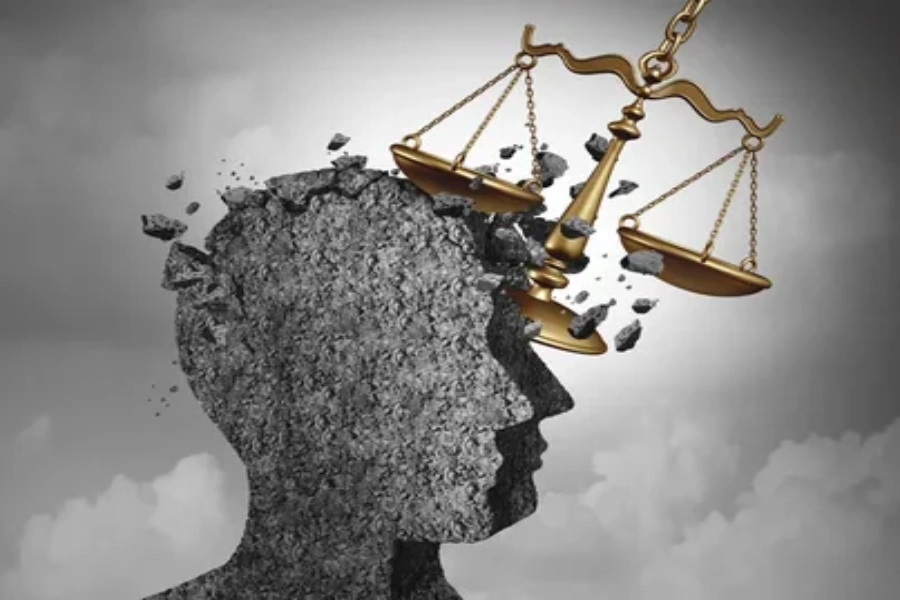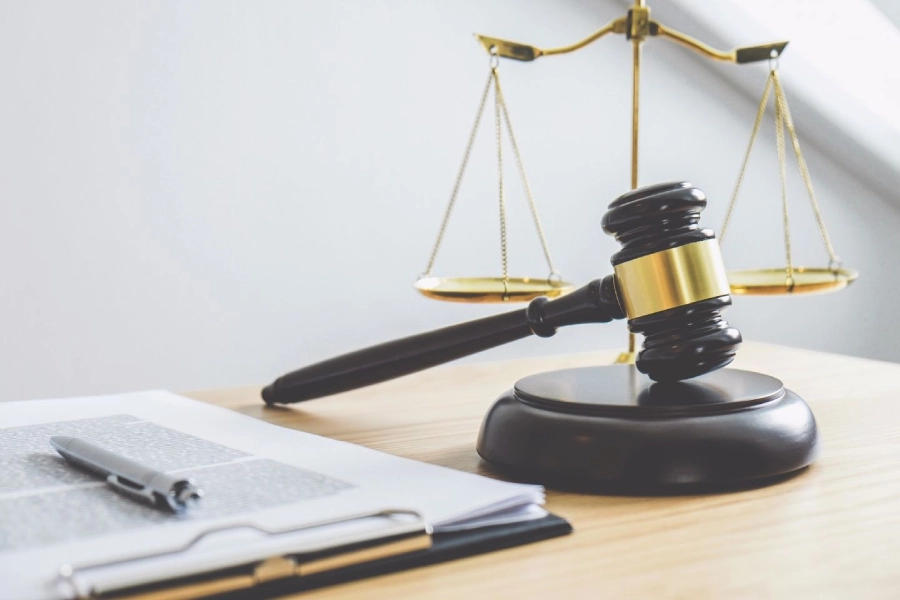The unexpected death of actress Sophie Nyweide, known for her childhood roles in films like My Sister’s Keeper, has sparked grief across the entertainment industry and raised critical legal questions. At only 24 years old, her passing highlights several issues, from mental health law and medical care responsibilities to celebrity privacy and wrongful death claims.
This article delves into the legal implications surrounding her death, especially within the context of U.S. law. It also discusses possible legal remedies her family may consider, using relevant legal terms like duty of care, negligence, wrongful death, and mental health rights — ensuring the content remains SEO-rich and legally accurate.
Who Was Sophie Nyweide?
Sophie Nyweide gained early fame as a child actress, known for her emotional depth and promising future. Despite her talent, she stayed away from the public eye in her later years. The circumstances of her death remain unclear, but early reports suggest potential mental health struggles. Whether these were addressed appropriately becomes key to legal analysis.

Wrongful Death: A Legal Path for the Family
Definition & Application
Under U.S. law, a wrongful death occurs when someone dies due to another party’s negligence, misconduct, or failure to act. If it’s found that Sophie’s death could have been prevented with proper care or oversight, her family may have legal grounds for a wrongful death lawsuit.
What Must Be Proven
To succeed, the family would need to prove:
-
A duty of care existed (e.g., by a medical provider, therapist, or guardian)
-
That duty was breached
-
The breach caused Sophie’s death
-
Damages resulted (emotional loss, financial support, etc.)
Possible Defendants
-
Health care professionals
-
Therapists or treatment facilities
-
Employers or handlers (if under contract)
-
Individuals aware of suicidal ideation but failed to act

Mental Health and the Law
Mental Health Care Standards
Every individual in the U.S. has the right to proper mental health care. Failing to provide adequate treatment, especially when signs of mental distress are evident, could amount to medical negligence.
Duty to Intervene
Under laws like Tarasoff v. Regents of the University of California, if someone is deemed at risk of harming themselves, therapists and caretakers may be legally obligated to intervene or notify others.
Privacy Laws and Posthumous Protection
HIPAA Protections
Even in death, HIPAA (Health Insurance Portability and Accountability Act) protects a person’s health data for 50 years. If Sophie’s private medical or mental health information was leaked to the press, legal action could be initiated by her estate.
Celebrity Status and Public Interest
While celebrities have reduced privacy rights under First Amendment interpretations, certain intimate details remain protected — especially around mental health and medical care. Media outlets or insiders who violate these boundaries may face defamation or privacy lawsuits.

Responsibility of the Entertainment Industry
Ongoing Debate
The entertainment world has long been criticized for failing to protect young talents. Sophie’s death might reignite the debate about:
-
Overwork and stress
-
Access to therapy on set
-
Predatory behavior or toxic environments
Contractual Obligations
If Sophie was under any professional agreement (e.g., talent agency, film project), those entities might be examined for their duty of care and oversight responsibilities.

Criminal Investigations and Legal Proceedings
While no foul play has been confirmed, investigations are ongoing. Legal outcomes may include:
-
No charges, if death was natural or due to private health issues
-
Negligence charges against individuals or institutions
-
Civil lawsuits filed by family, including claims for damages
Legal Precedents and Public Reaction
Relevant Cases
-
Heath Ledger (2008): Overdose raised questions about prescription drug management.
-
Brittany Murphy (2009): Sparked investigation into home conditions and negligence.
-
Amanda Bynes: Known for court-ordered psychiatric evaluation due to public incidents.

Impact on Law and Policy
High-profile deaths often lead to:
-
Reformed mental health procedures in entertainment
-
Stricter HIPAA enforcement
-
Awareness around youth protection in show business
Conclusion
The death of Sophie Nyweide is a heartbreaking event that brings urgent legal issues to light. From potential wrongful death claims and medical malpractice to concerns over celebrity privacy, her passing serves as a reminder of the vulnerabilities faced by public figures — especially young women.
If investigations reveal any form of negligence or rights violation, her family has legal recourse under established U.S. law. Beyond the courts, this case may influence how society and the legal system address mental health and protection in high-pressure industries like Hollywood.
FAQ
1: What legal options does Sophie Nyweide’s family have?
A: They may pursue wrongful death, medical negligence, or privacy violation lawsuits.
2: Was Sophie receiving proper mental health care?
A: That remains under investigation, but it is a critical point in potential legal claims.
3: Can media be sued for publishing private information?
A: Yes, if the information was obtained illegally or violated HIPAA or privacy laws.
4: What duty does the entertainment industry have toward young actors?
A: There is a duty of care which includes mental health support and safe working conditions.

